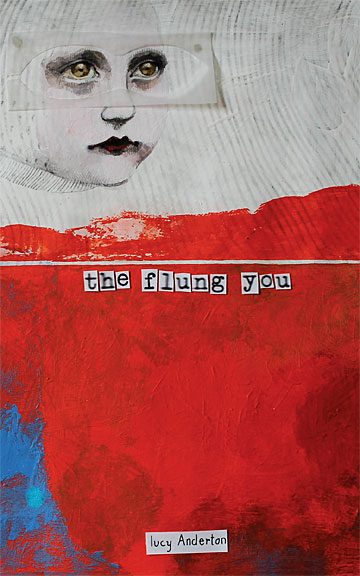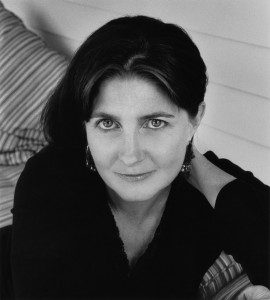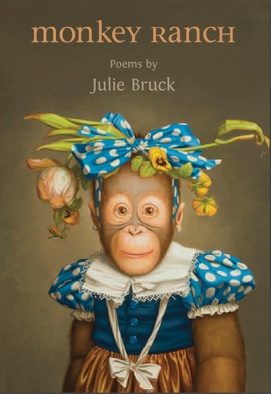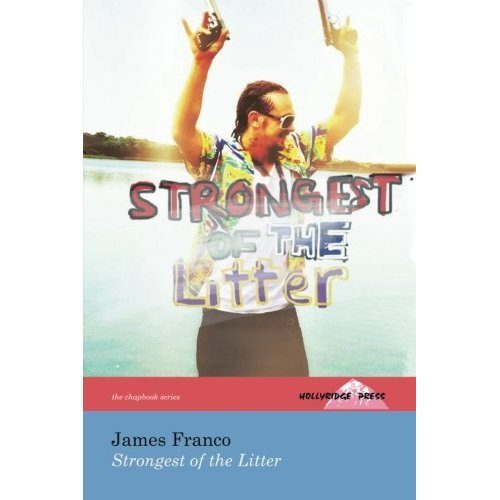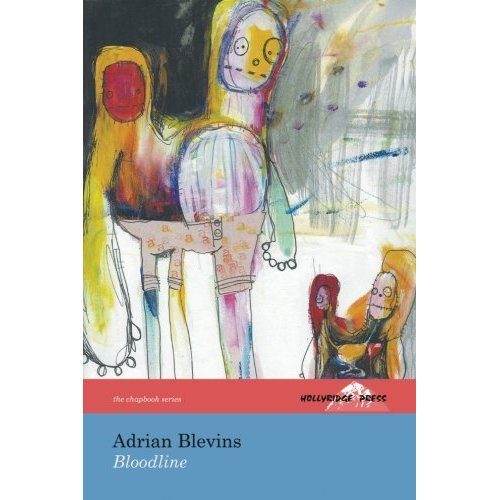Alumnae Tatjana Soli (fiction, ’06) and Erin Stalcup (fiction, ’04) both have new stories appearing in the current issue of Freight Stories Magazine.
Love Monkey
Tatjana Soli
The traffic that morning had been nerve-wracking—a long, blue, exhaust-spewing snake winding its way east from Los Angeles into the dilapidated, scrub desert of Riverside County. Farid’s hand rested lightly on the steering wheel, the vents of the air-conditioner all aimed at him so that despite the ninety-degree heat outside, his face was cold and dry as stone. He had just bought the Lexus with a signing bonus from his new engineering job, and had spent the morning under the carport polishing it with a tenderness he had not shown to Caitlin since he returned from his trip. When she asked him to drive her to Scottsdale to visit her parents, he had been displeased, the only saving grace that he could open the car up on the freeway.
“Why don’t you just fly? I’ll take you to the airport,” he had said.
“Because they want to meet you.” …[Keep Reading]…
Population 51, Elevation 15
Erin Stalcup
He steps off the dock as if he expects to set his foot on glass.
He sinks.
She doesn’t know this man she’s been watching but takes her hands out of her pockets and runs towards him, kicking up dust on the path, clattering across the dock, which is not wet, not slippery.
She gets on her belly and stretches down but her fingertips don’t touch the water. She reaches. She tries to get to him. She’s too small, too young, but she wants to be strong enough to find him and grab him and pull him out, yank him up, help him back to land.
There’s a roiled place in the water but no thrashing man, no one swimming, no one trying to save himself. She stands and throws her jacket to the dock. She pulls her sweater over her head. She readies herself to dive, but the water is smooth.
No one reaches up. …[Keep Reading]…


